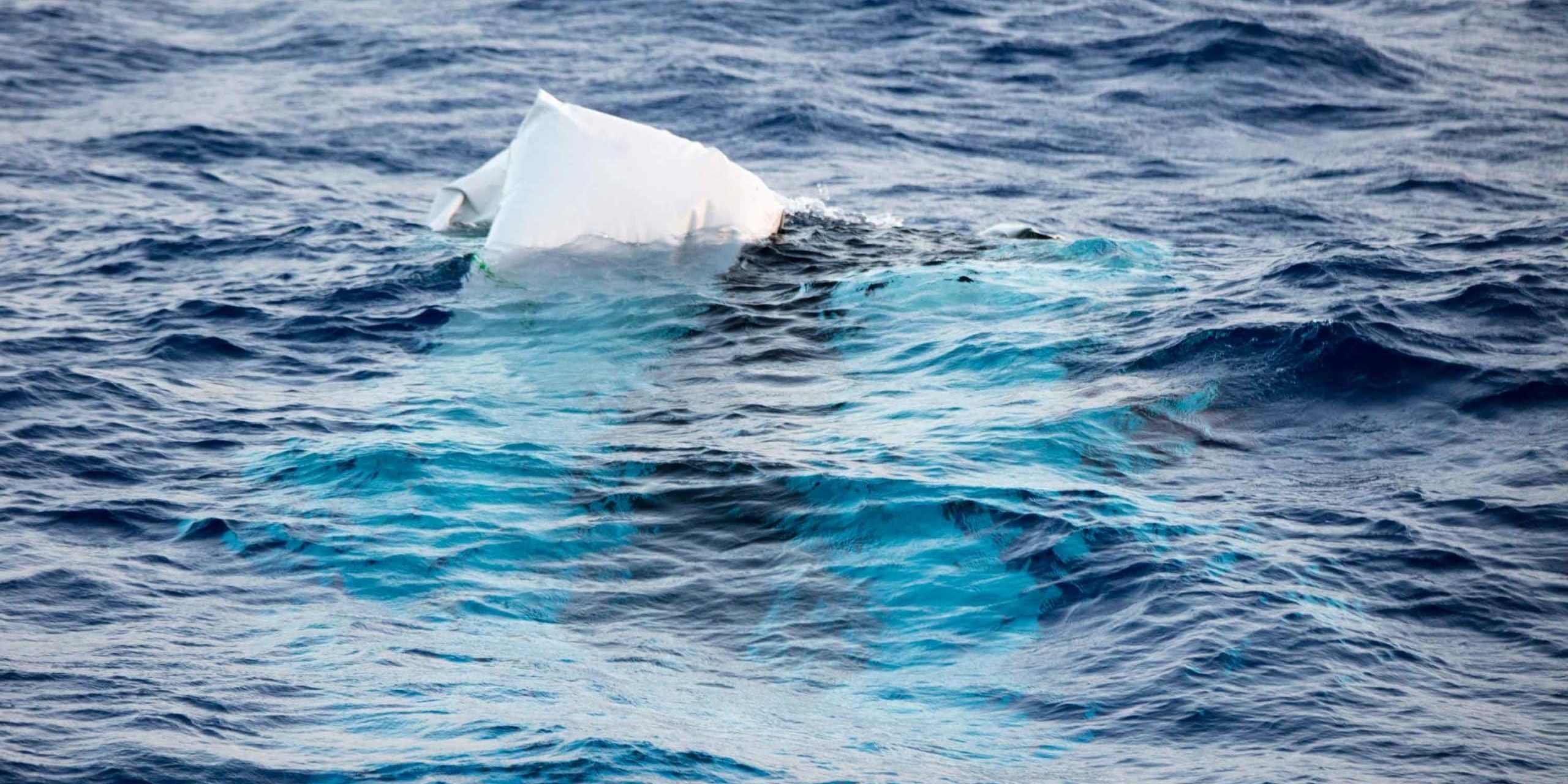The UNHCR reports that in the last three days approximately 220 have died attempting to cross the Mediterranean Sea. This spike in death toll caused the UN agency to call for more rescue capacity at sea, while European governments, with Italy in a leading role, do everything to avoid effective sea rescue. Sea-Watch warned on Wednesday of deadly days on the horizon due to a lack of rescue capacity; these drownings are a direct effect of the current crackdown on sea rescue. Sea-Watch therefore asks European communities, at national or local level, to help in pushing for a solution, while at a minimum allowing civil rescue ships to continue their life saving work without harassment by state authorities. The Dublin regulation allows states to exceptionally issue humanitarian visa, which can be adopted as an interim solution, while structural change is needed to allow a fair share of responsibility amongst EU member states.
If you have any questions or requests for an interview, do not hesitate to contact us: presse@sea-watch.org
On Wednesday, Sea-Watch warned about the danger of drownings with a good weather period ahead and too few rescue assets available. We are saddened that our warnings became reality that very day when 50 people died during an attempted boat crossing. Thursday, five survivors report the deaths of around 100 more people on their capsized boat. On the same day, a rubber dinghy carrying 130 sank, with 70 reported drowned. In addition, testimonies from survivors of last week’s shipwreck rescued by U.S. Navy vessel USNS Trenton, whose crew found 12 bodies at the scene, point to a death toll of 76. These deaths are due to an acute lack of SAR capacity and are likely to reoccur with seasonal increases in sea crossings.
Sea-Watch likewise urges European leaders, many of whom will attend an emergency mini-summit on migration this Sunday ahead of next week’s European Council summit, to urgently provide SAR capacity in the Mediterranean. European leaders’ decisions, particularly in the past few weeks, have highlighted the high price of human suffering and death caused by their inability to unite, to take up their responsibilities under international law and to respect the principle of non-refoulement as well as the Geneva Refugee Convention and the European Convention on Human Rights.
In the absence of safe and legal routes, Europe-wide structural resolutions are needed, including a complete overhaul of the Dublin III Regulation. Nonetheless, the regulation indeed still provides legal and political avenues to address current problems. It includes a discretionary clause, Article 17, which states that ‘by way of derogation from Article 3(1), each Member State may decide to examine an application for international protection lodged with it by a third-country national or a stateless person, even if such examination is not its responsibility under the criteria laid down in the Dublin III Regulation’.
Sea-Watch also calls on the government of Germany and federal states to exhibit a commitment to humanity and law, by providing a preliminary solution in the form of granting humanitarian visa. This is stipulated in the federal Residence Act (known as AufenthG in German), Article 23, paragraph 1, which allows the granting of a residence permit to foreigners on humanitarian grounds by the highest state authority of any German federal state.This could be done at least for the 234 survivors currently stuck at sea on the LIFELINE ship. While sustainable solutions remain to be seen at European and national level, we ask progressive federal states to step in to provide safe arrival cities, and to swiftly help end this ignoble tragedy.
We need a Europe of solidarity and welcome. This must translate into providing safety and protection to those who need it, and this must be achieved now.











